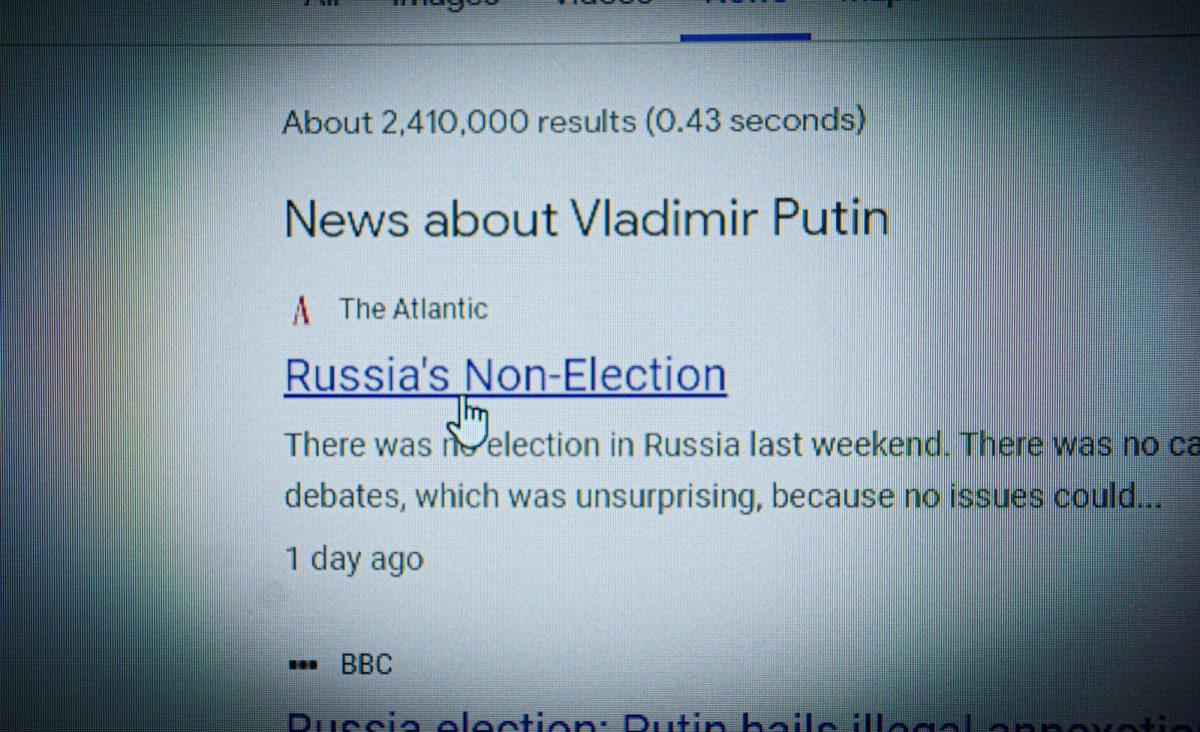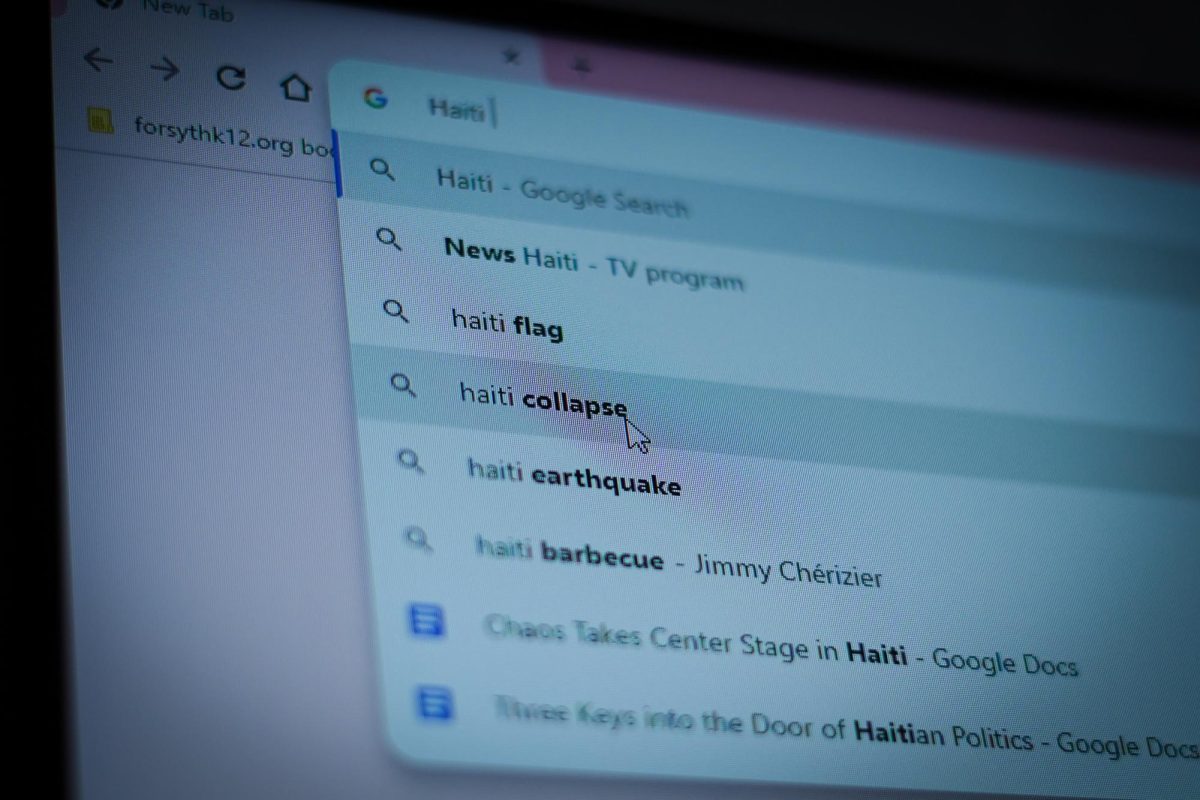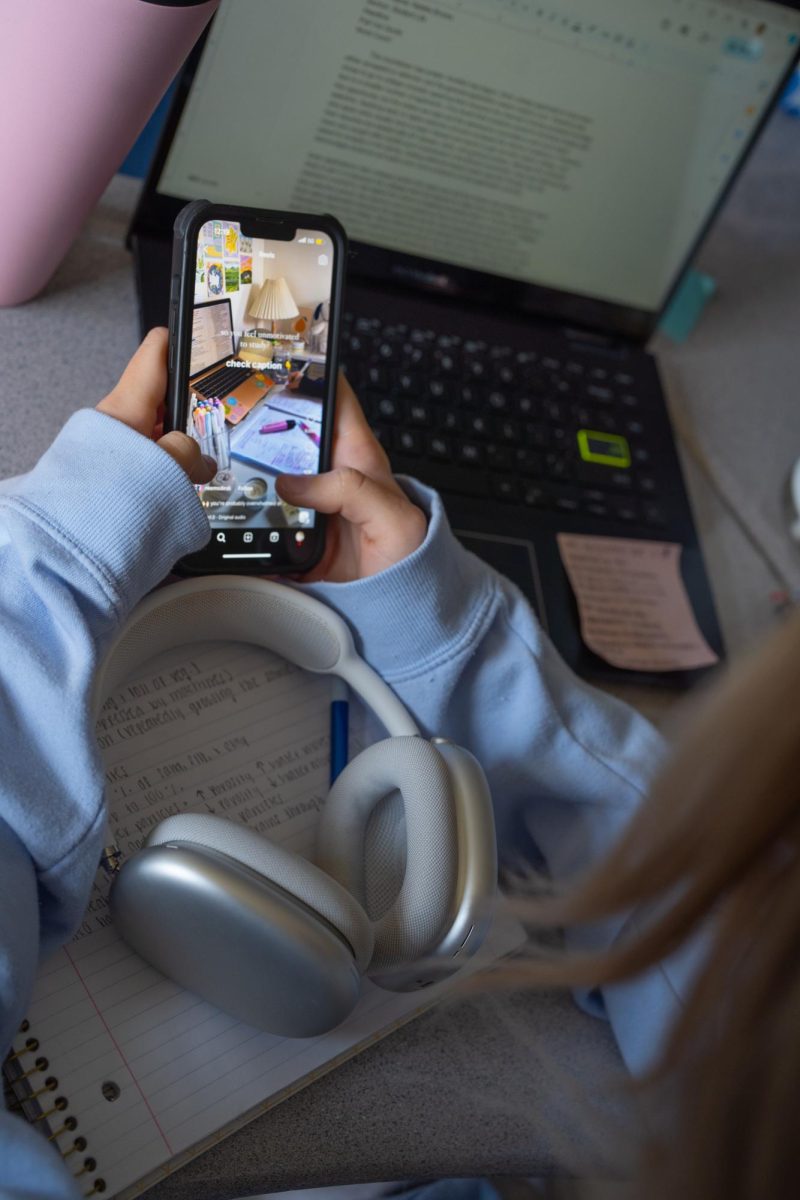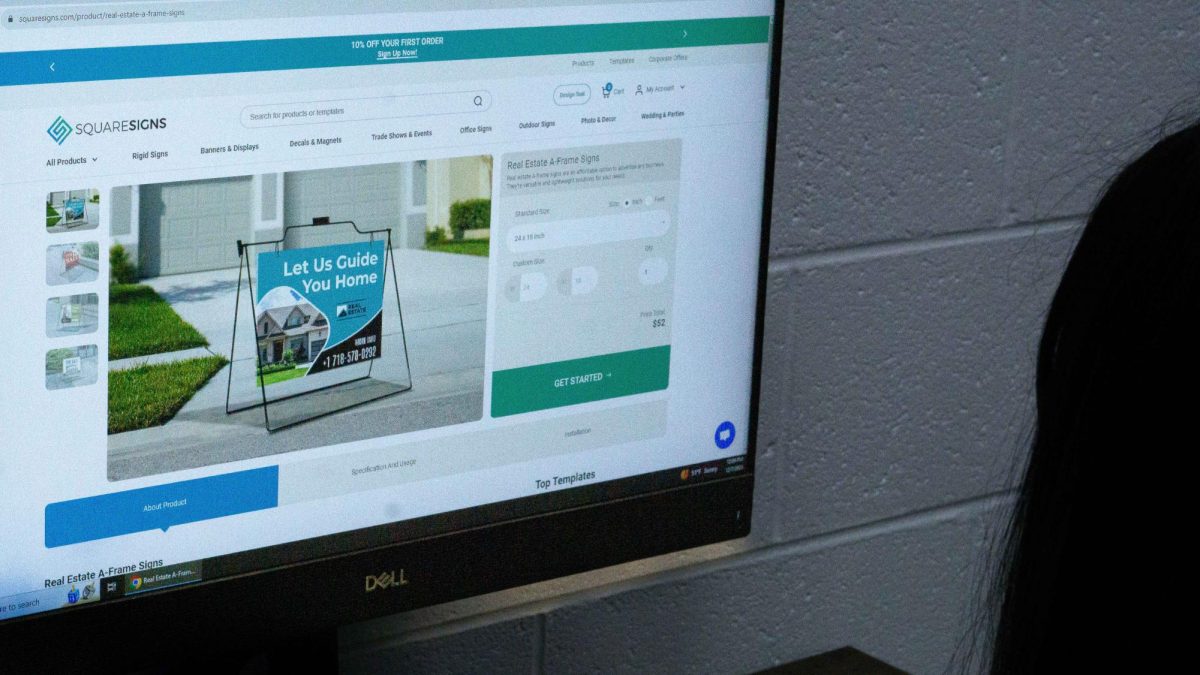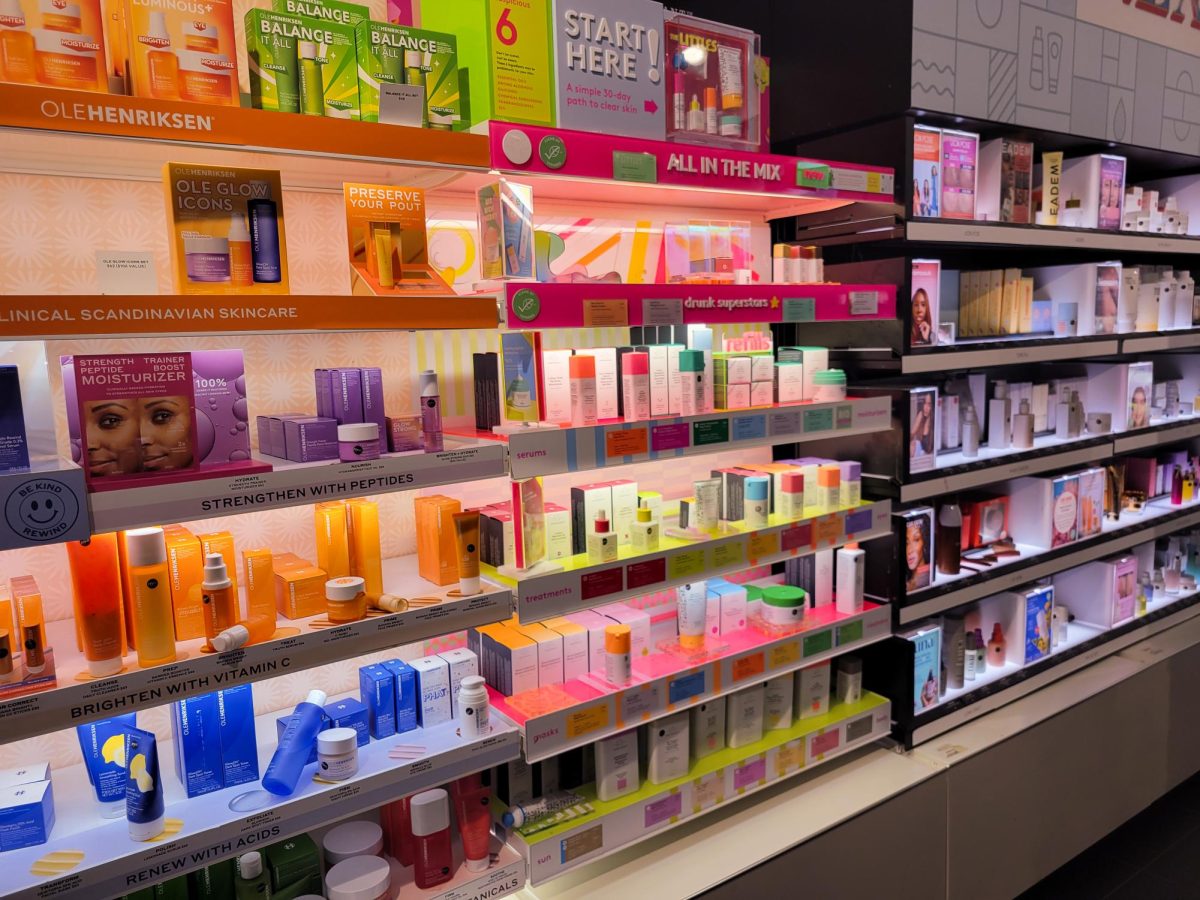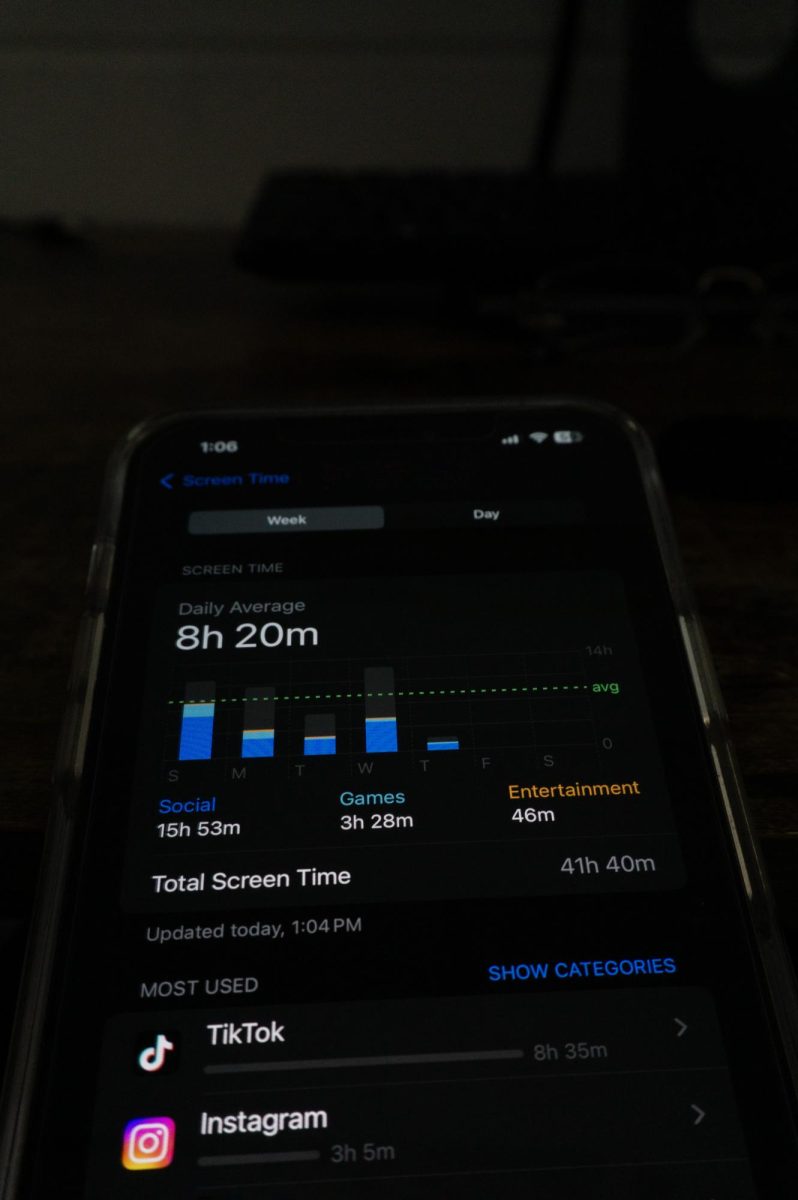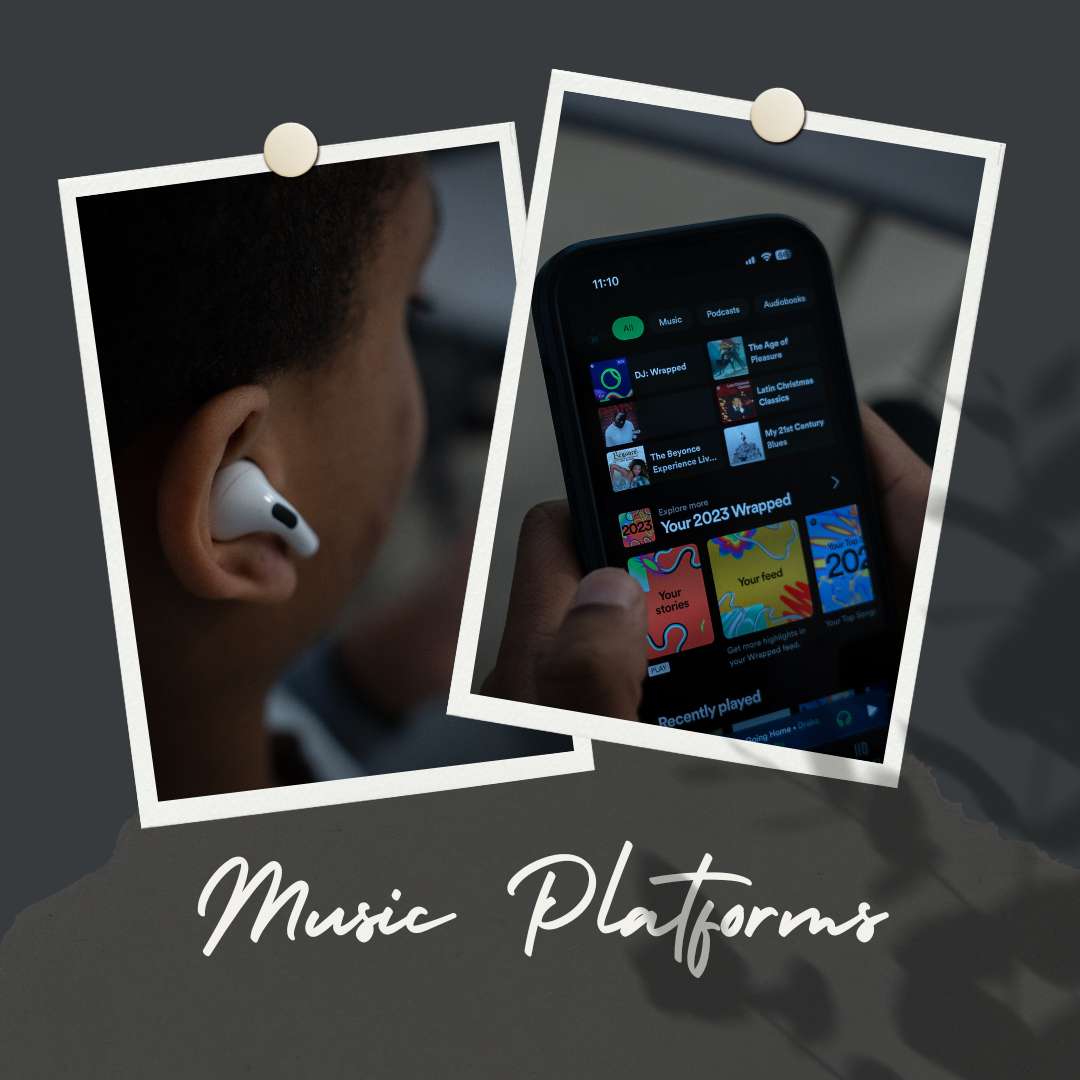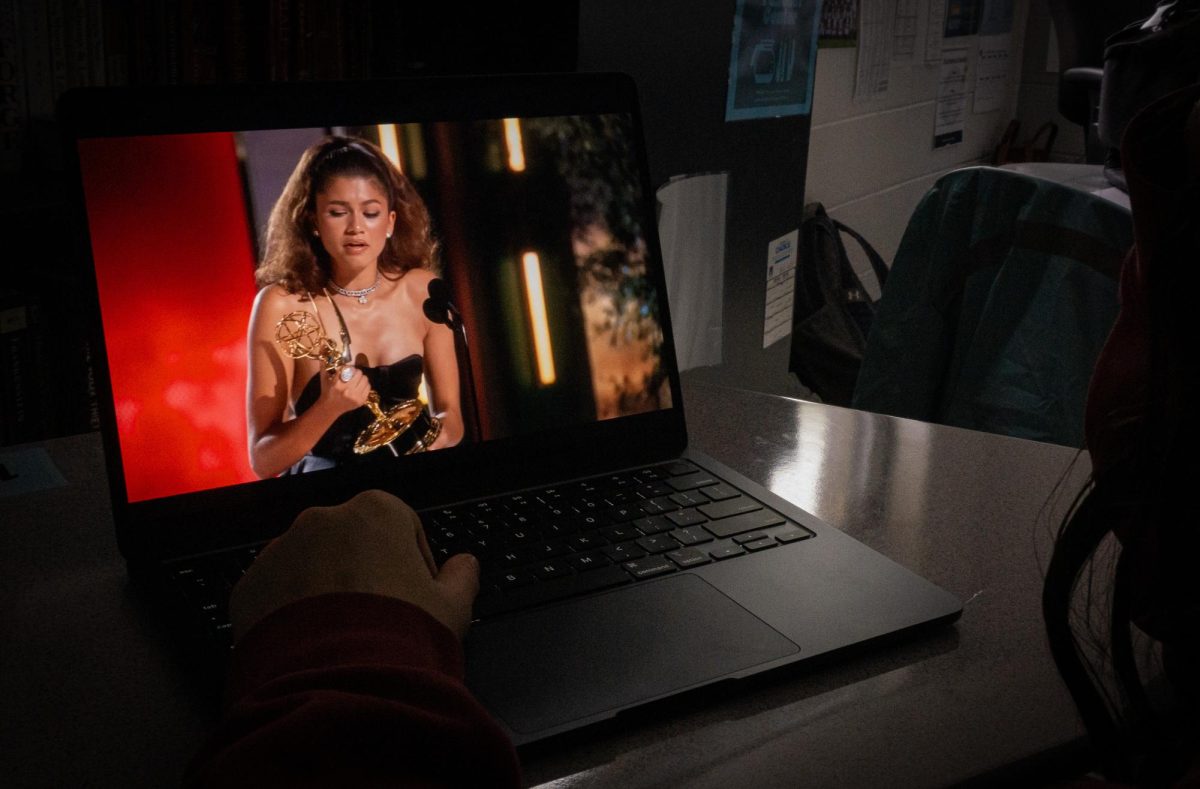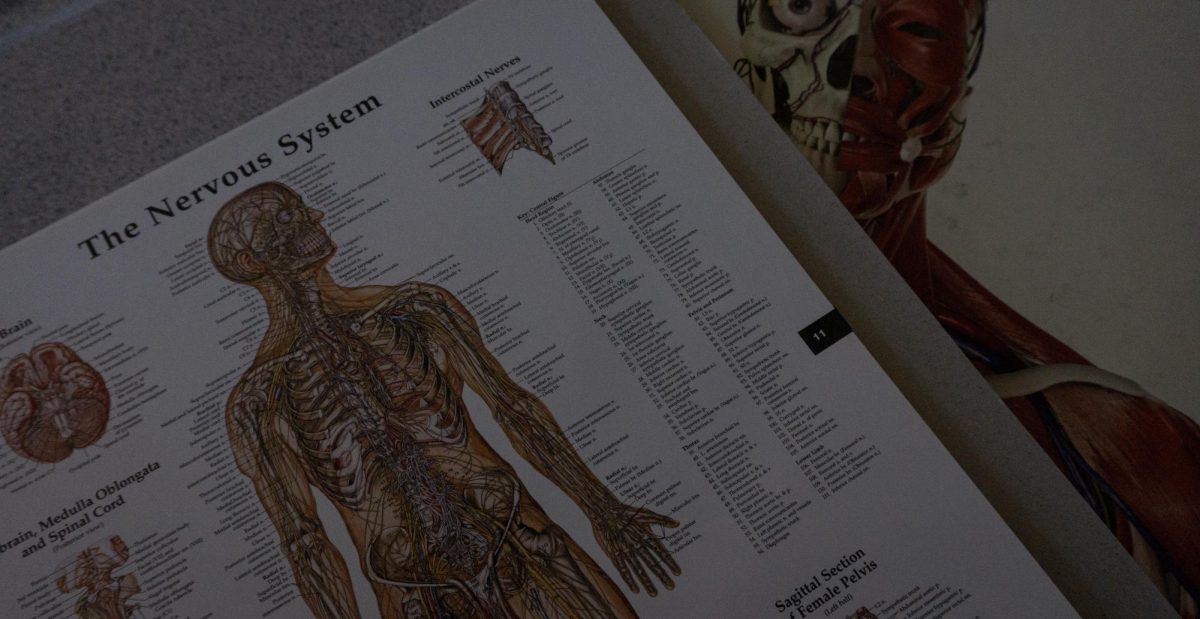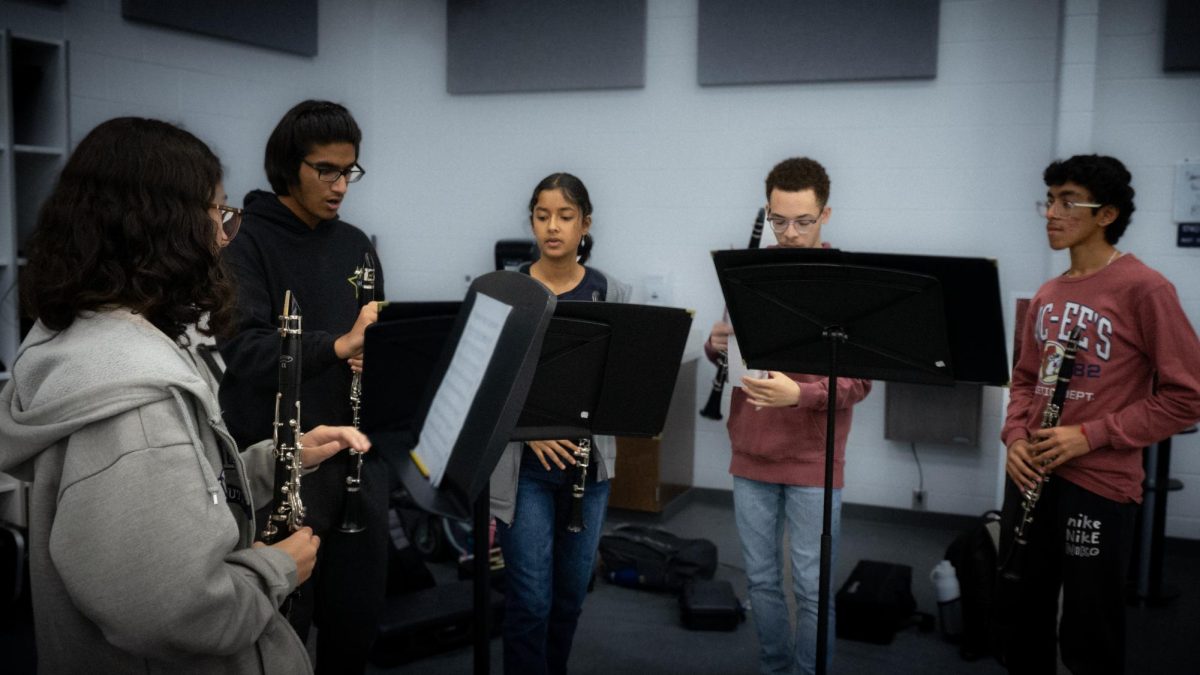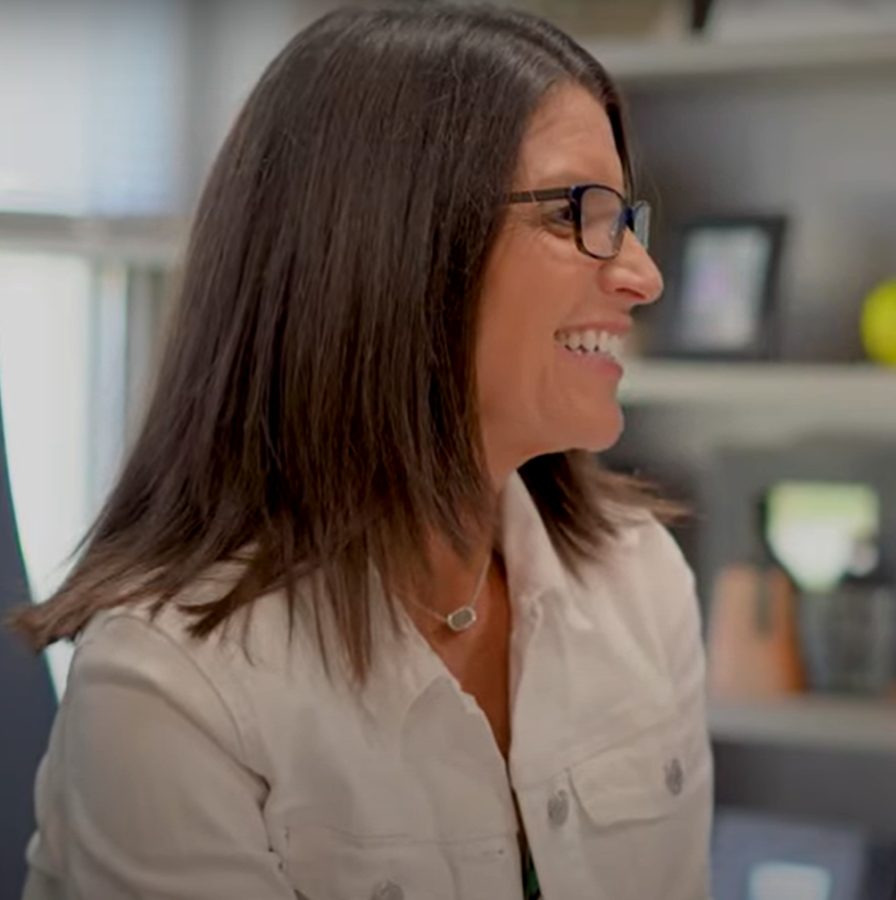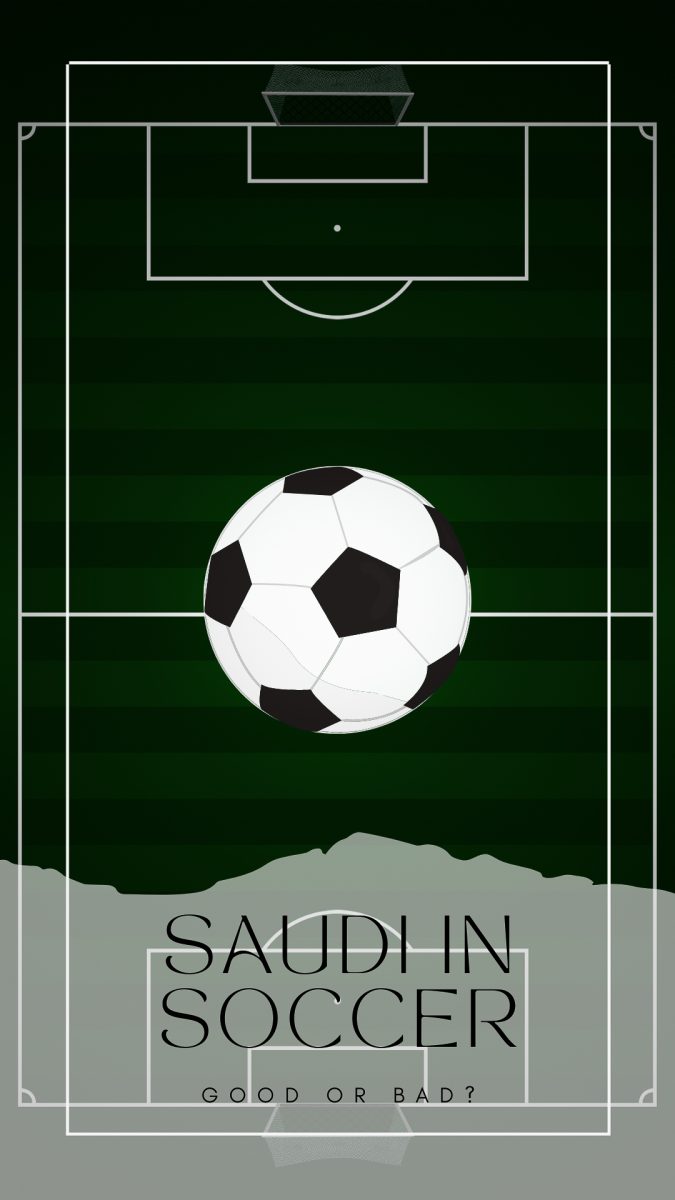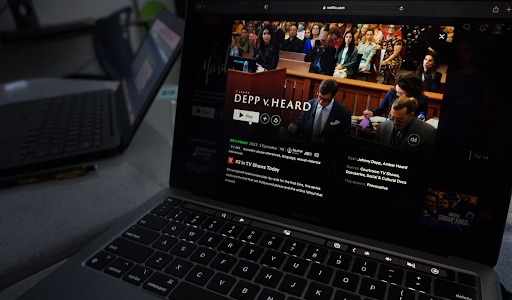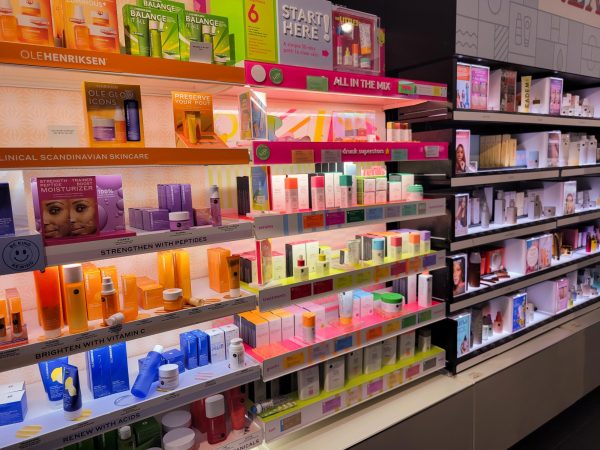The Social Dilemma
How often does the average teen spend hours mindlessly scrolling through posts? The constant “ding” rings in our heads and phones lull us to bed. Every second of the day is precious and the clock ticks away with each tap. How does the latest technology affect our mental health, self-image, and overall happiness?
The lure of big-tech and their products has grown exponentially due to the enticement of a near alternate reality. Not only are users’ perspectives of others’ lives distorted, but attention spans are impacted negatively. Applications popularly used today were intended to be utilized as tools by consumers. Entrepreneurs initially tried to implement these technologies for profit. The integration of social media was subtle but is now thoroughly interlaced with all facets of society– many are negatively affecting our generation.
An enormous part of being a young adult includes attempting to find a sense of place in the world. Observation is essential to this process and so what teens are absorbing is especially important. Thirty percent of internet usage can be chalked up to social media (SEJ). The constant pressures and incentives to be active can add to a plethora of stresses. FOMO or “fear of missing out” is believed to be an essential part of these addictive applications’ successes. Posters and engagers alike are imposed upon with an intermittent craving for that same rush. Whether it be the interaction that trickles in after uploading an enviable photo or the fifteen-second clip of something outrageous. Many are on both sides of the spectrum enjoying dopamine releases from each position.
Moreover, the relationship between social media and mental health is extremely complex. This issue has a near-infinite possibility of valid counterpoints to any chosen stance. The amount of effective pushback any average person can make at this very moment is minuscule. Any major work on the less desirable latent effects of social media has to be with themselves. It is likely that adolescents, their peers, and surrounding faculty in schools worldwide experience or actively see the effects of social media addiction. 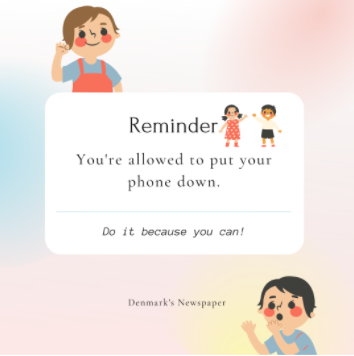
A valuable member of Denmark’s mathematics department utilizes a sort of balancing act. Christopher Jones says, “Learning how to responsibly manage our phones in order to use them as a tool.” Take a moment to look at different ways of detaching yourself from the sticky interweb healthily. Deleting all accounts and flushing every relationship down the loo is neither feasible nor useful for the majority.
Set limits for your favorite time-absorbing applications. Ration portions of your day to the most important activities. This will vary amongst the teenage population for obvious reasons. The key to setting limits is being able to initiate control of the hours in your day.
Disable notifications in order to take your attention by its head and ditch those irresistible pop-ups. The feeling of time slipping through your fingers is almost as painful as driving a beta model of an autonomous vehicle. Becoming present and aware of how the day is spent parallels taking control of a self-driving car (your brain). It should work but it might fail. Can I trust this thing?
Find a new hobby that you have always considered and allot precious minutes to this activity instead. The Discovery of other enriching outlets will help the brain form positive connections that pull one’s focus away from their feed.


